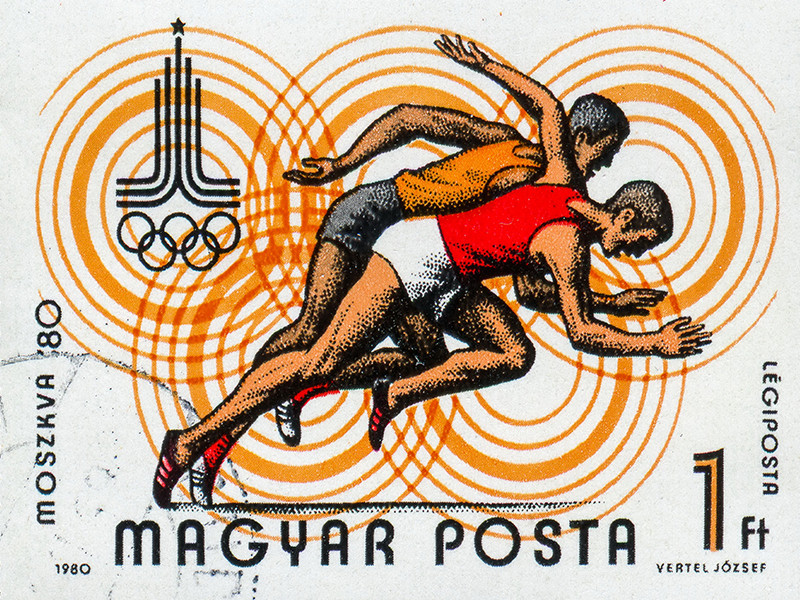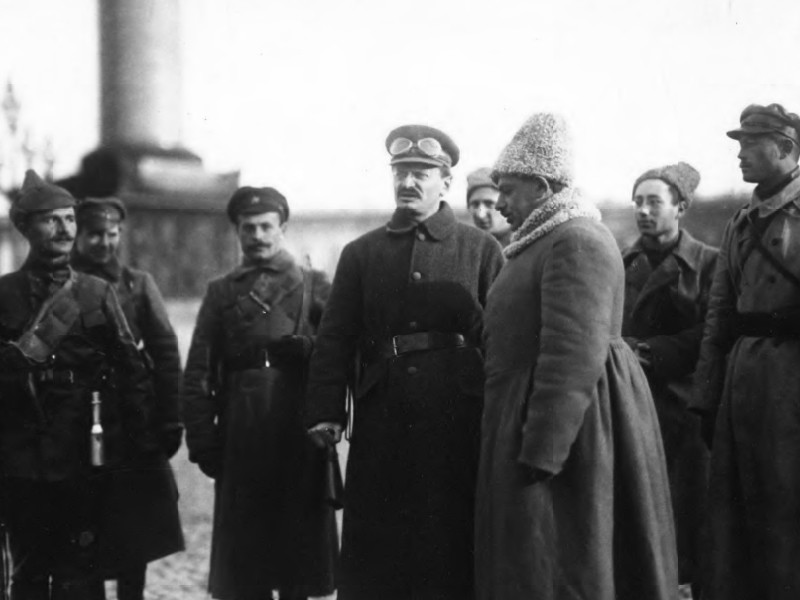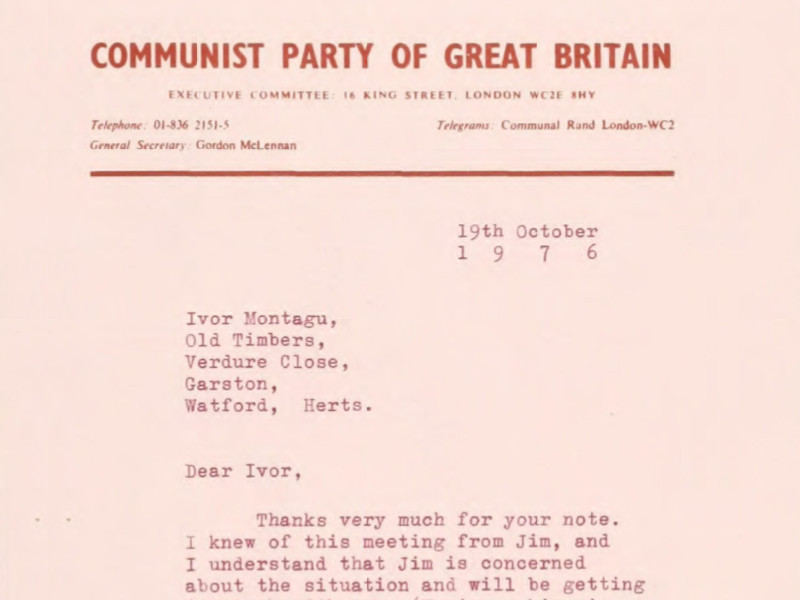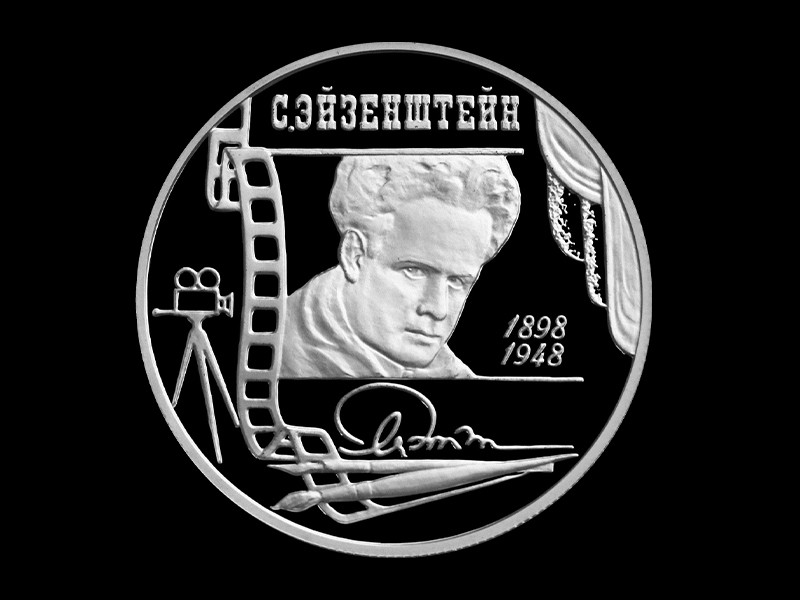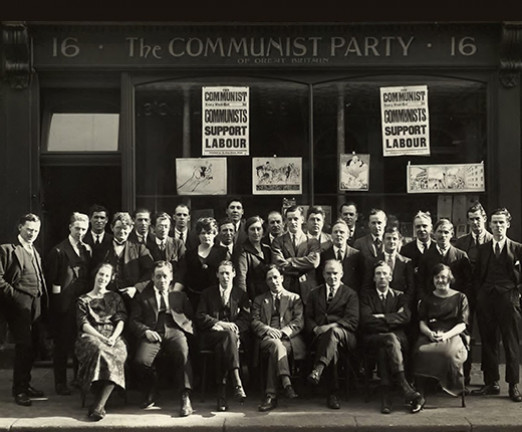
Communism and Popular Culture in the 20th Century

The Ivor Montagu Papers
Montagu was a significant journalist and publicist of communist causes, whose less intensive involvement in party activities allowed him scope for an extraordinary range of interests.University of Manchester
Access the full collection
Access the full archive of Communism and Popular Culture in the 20th Century.
Institutional Free Trial
Start your free trialRegister for a free 30-day trial of Communism and Popular Culture in the 20th Century, for your institution.
Institutional Sales
Visit Sales PagesellFor more information on institutional access, visit our sales page.
Already have a license? Sign in.
Explore the intersection between popular culture and communism through the eyes of a prominent activist
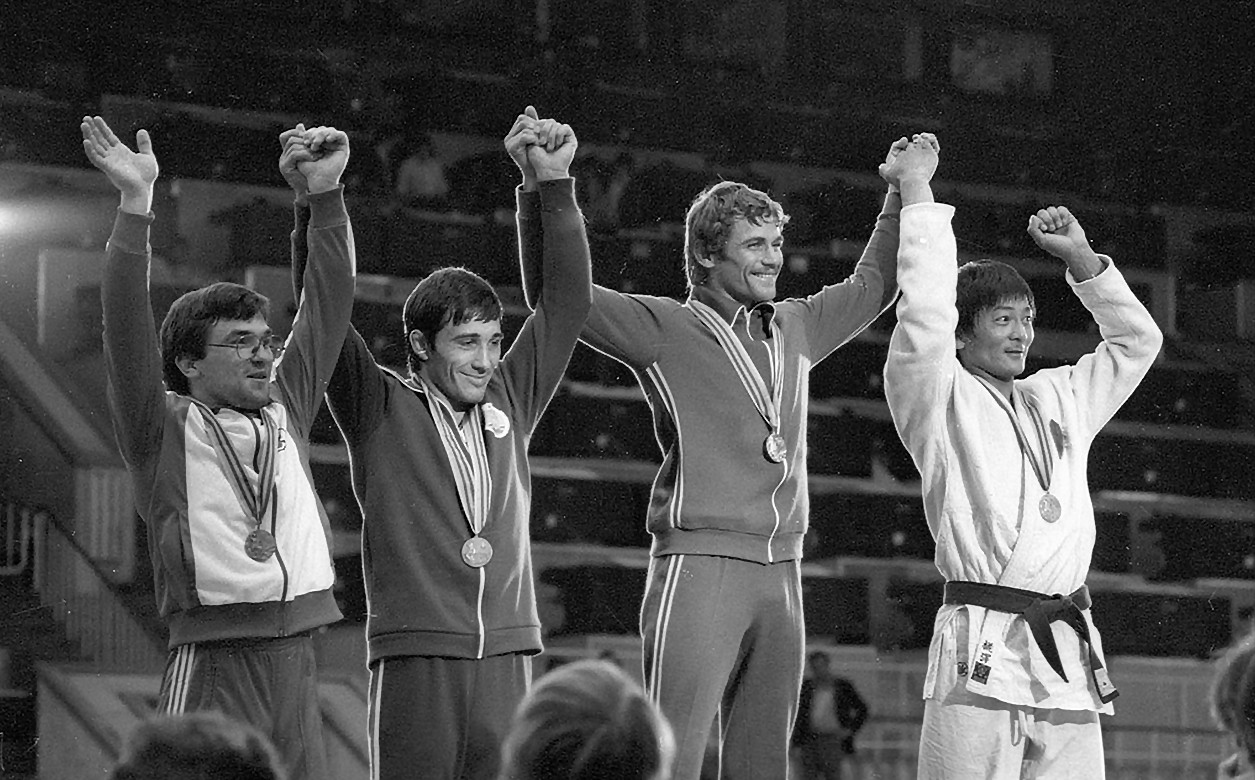
Ivor Montagu (1904-1984) was best known for his work as a filmmaker, scriptwriter, and producer. He was also a trained naturalist, the founder of the International Table Tennis Federation, president of the Southampton F.C. Supporters’ Club, and an active member of the Communist Party of Great Britain (CPGB).
This collection contains Montagu’s personal, political, and professional papers. Of particular interest is his correspondence with prominent public figures such as Alfred Hitchcock, Bernard Shaw, and Solly Zuckerman. Montagu’s papers are a useful resource for students and scholars who are interested in the impact of communism on British popular culture and vice-versa.
The collection is accompanied by three contextual essays written by Professor Kevin Morgan, a senior academic at the University of Manchester.
Contents

Highlights
Insights
- Like many of his communist peers, Montagu was born into a wealthy family. His father, Louis, was the 2nd Baron of Swaythling.
- The collection draws from Montagu’s extensive personal papers, which offer a detailed and often intimate portrait of Montagu’s busy life as a socialite, from his childhood in elite education to his numerous political activities with the CPGB.
- Montagu visited the Soviet Union from 1925 onwards and subsequently fell in love with the relatively new medium of cinema. He became the first film critic for The Observer and New Statesman magazines and eventually helped produce films for directors such as Alfred Hitchcock and Sergei Eisenstein during the 1920s and 1930s.
- An avid sportsman, Montagu was a table tennis champion and is largely credited with reviving the sport to a highly competitive standard. His love and passion for sport is also shown through his personal collection of papers on association football and cricket.
- During the early 1930s, Montagu formed a friendship with Leon Trotsky and lobbied the British government to grant him asylum. This friendship waned after Montagu joined the CPGB in 1931, and in 1936, Montagu officially denounced Trotsky as a counter revolutionary.
- Montagu became a staunch Stalinist and vehemently denied any allegations of improper conduct on the part of the Soviet Union. This eventually led to Montagu being recruited as a Soviet spy during the Second World War under the code name ‘Intelligentsia’. His legacy in espionage is disputed, although, rather ironically, his brother did work for the MI5.
Unlock Historical Research for Your Institution
Provide your students and researchers with direct access to unique primary sources.
Related Media


The Departments of the Communist Party of Great Britain: A Detailed Guide Contextual Essays

